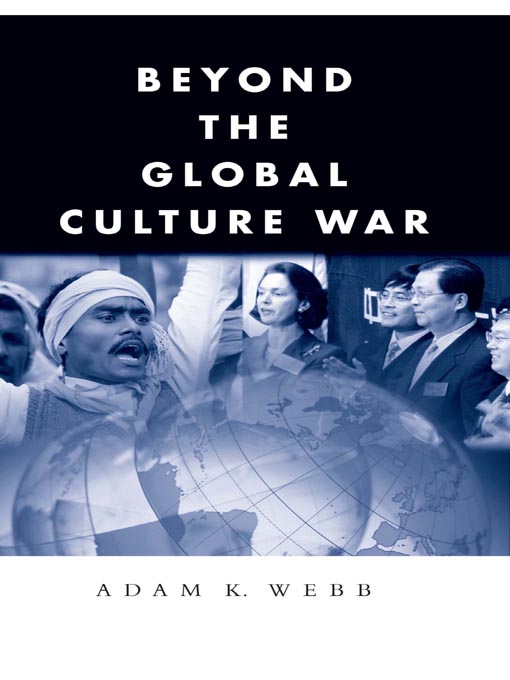Beyond the Global Culture War is a broad-ranging political, historical, and philosophical account of the clash between liberal modernity and the forces that resist it. The book starts by identifying four ethoses, or self-understandings, that have contended in all civilizations through history. It shows that liberal modernity amounts to an upending of history, the disruptive rise of one of those four ethoses to unprecedented dominance in public culture. In its first third, the book traces how the ethos that underlies liberalism managed to break past age-old checks on it, through a series of ideological maneuvers between the late nineteenth and mid twentieth centuries. Then it turns to the global culture war today. On one side is the liberal vision of an "end of history," of markets, moral relativism, and technocratic rule. On the other is the strident backlash from Islamists, populists, the Christian Right, Chinese and Hindu nationalists, and the like.
The book argues that
today's resistance is doomed to fail for two reasons. First, all versions of it are insular, and lack the universal appeal that would let them meet global liberal culture on its own scale. Second, they have a peculiar moralizing flatness that means they cannot draw on the rich high-culture currents of the past civilizations they claim to defend. The book's final chapters lay out an alternative vision of a truly cosmopolitan and multidimensional challenge to the global liberal order. That vision involves a partnership between plain folk and virtue-cultivating strata, to avert history's dead-end and forge a post-liberal global polity. The book is distinctive in its cross-cultural breadth, covering issues from Western and non-Western settings, both pre-modern and modern. It also stakes out an original intellectual and political position: critical of capitalism and technocracy, sympathetic to traditional virtues and the legacies of past civilizations, and avowedly cosmopolitan in scope and vision.
- Available now!
- New eBook additions
- New kids additions
- New teen additions
- Most popular
- Always Available eBooks
- See all
- Available now
- AZ's Most Popular Audiobooks
- New Audiobooks
- Always Available Audiobooks
- New kids additions
- New teen additions
- Try something different
- Extremely Funny Audiobooks
- See all

